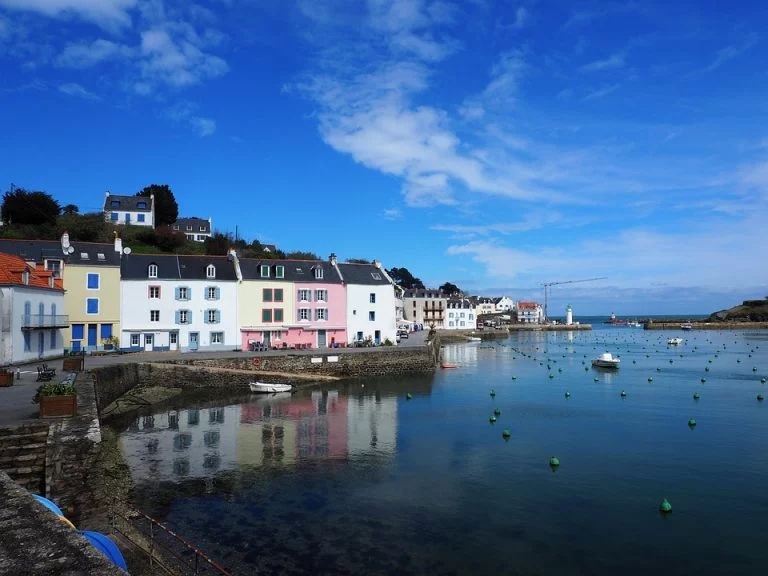Renault is looking to make Belle-Île-en-Mer (pictured), an island to the south of Brittany in northern France near St Nazarre, “smart” with electric vehicles (EV) providing ride-sharing services, numerous photovoltaic panels and reused EV batteries to hold power overnight.
Renault Zoe cars and Kangoo ZE vans will apparently be supplied in a self-service hire programme, powered by panels installed on the island’s buildings.
Over two years the car giant is also planning a digital control network to shift power to where it is needed.
For instance, panels on the school’s rooftop would provide heat and lighting for classrooms during the week but at weekends or during school holidays it would be used to charge the EVs, Groupe Renault said.
EV batteries that are no longer efficient enough for use in vehicles are capable of powering the electrical grid. Renault said it would install a “second-life” batteries around the island.
These batteries will be used to store energy produced during the day by solar panels for use after sunset, chiefly to heat the island’s many holiday bungalows. This would allow the firms to extend their holiday season, which until now has been restricted by the cost of central heating.
While the “smart island” project is set to cut carbon emissions, it is also a testing laboratory for microgrid technology that could be applied on the mainland. “It will be possible to carry over the Belle-Île-en-Mer system not just to other islands but also to cities and suburban areas,” said Gilles Normand of Renault’s EV division.
“The smart-charging system will let us activate electric-car charging whenever a building produces more energy than it actually needs,” added Normand.
The intention of the project on Belle-Île-en-Mer will help show how electric cars, batteries and renewable energy can be better integrated into the power grid, he told the media.
Renault said the pilot could help improve understanding about how to distribute renewable energy to more people at a reduced cost.
The project follows the Smart Fossil-Free Island programme which has been operational since February to electrify the remote Portuguese Atlantic islands of Madeira and Porto Santo.
Until now they have been supplied by undersea cables, which are expensive to install and maintain, or they use power generators, meaning islanders were paying some of the world’s highest electricity prices.
Belle-Île-en-Mer off the southern coast of Brittany. Picture credit: MaxPixel
Did you like it? 4.5/5 (22)







